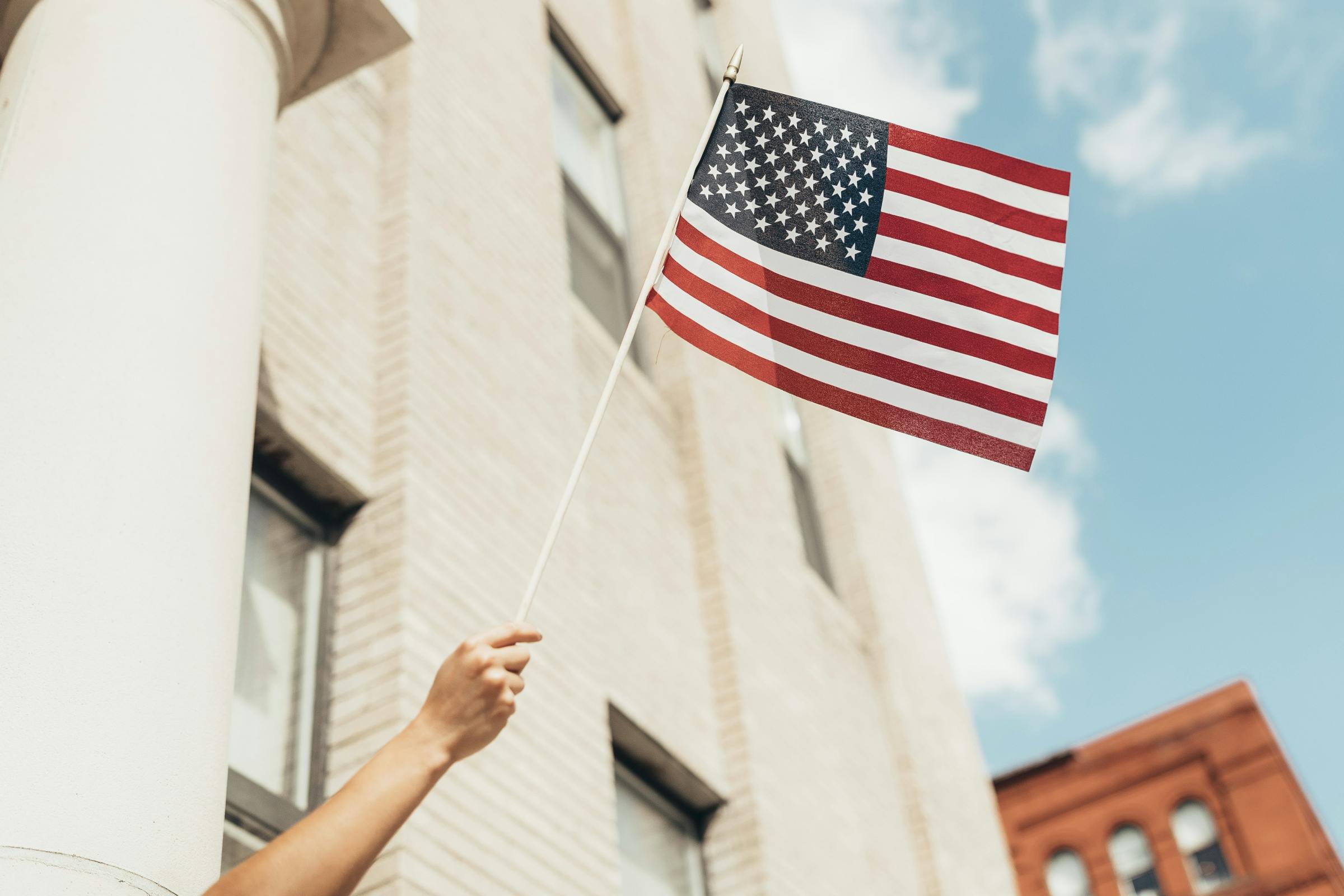Reviewing the National Interest Waiver
Foreign nationals wishing to work in the United States must have legal documentation permitting them to do so. There are various visas that cover this goal, such as the H-1B and the EB-2. All of the general work visas have a commonality: They are contingent on the beneficiary having an offer of employment from a job sponsor. However, the National Interest Waiver (NIW) is different. Those who qualify for this document can self-sponsor without the need for a job offer.
National Interest Waiver qualifications are strict, with each applicant undergoing scrutiny to determine whether they meet the three-prong test:
- Applicants must have a proposed endeavor that is deemed of national interest or has substantial merit.
- Said applicant must be in a position to advance their proposed endeavor.
- On balance, the endeavor must be important enough to justify eliminating the need for a job offer and Labor Condition Approval.
But once you successfully receive an NIW, you may enter and leave the US with limited restrictions, and you’re on the fast track to a green card. Depending on your occupation, there may be other benefits, as well.
Job Occupations That Lend Themselves to an NIW
There are certain professions that might or might not be better when you’re self-employed. For those jobs, a simpler route to your visa could be an H-1B or similar document. Talk to your legal expert to find out if your optimal visa is an NIW or if you’ll have a better chance of obtaining another work visa via an alternative path.
Yet, some jobs are inherently more beneficial when there is no one telling you what to do and no conflict of interest involved. Professionals like entrepreneurs, researchers, scientists, developers, and other areas where bias can skew the results often prefer to work for themselves. If that sounds like you, an NIW could be your best solution.
Other occupations that tend to be NIW-specific include those involving the arts. When you’re a performer, an artist, a well-regarded author, an athlete, or another independent worker, it’s not feasible to have an “employer” sponsor your visa. You must have an independent avenue that lets you make your decisions as a self-employed worker. Since the new post-pandemic regulations, obtaining an NIW for an artist/performer/athlete has become more streamlined than ever.
What’s Next
Still, your chances of reaching a successful National Interest Waiver depend on the case you present to USCIS, which is why so many people prefer to hire an experienced NIW attorney like Visa2US to assist them in creating their case.
At Visa2US, our skilled professionals are available 24/7 to answer your questions and discuss your situation. We’ll advise you as to the best possible course of action for your occupation and experience, and if you’re ready to apply for a National Interest Waiver, we’ll work with you to build the evidence you’ll need to be successful.














